“Swapping debt” for “green” projects is an idea proposed by the International Monetary Fund (IMF) and the World Bank (WB) to address the increasing risks from climate change and environmental disasters. This is considered a highly feasible and especially meaningful initiative to help the world recover from the Covid-19 pandemic in a sustainable manner.
IMF Managing Director Kristalina Georgieva said low-income countries are currently facing a dual crisis, both under pressure to repay debt and having to deal with environmental issues.
Covid-19 has caused a financial crisis with tight budgets and a lot of debt. The public debt of poor countries, which was already large, has increased during the pandemic. The World Bank estimates that Covid-19 has added 120 million extremely poor people to the world, mostly in middle-income countries. More than 30 of the world's poorest countries are facing or at risk of debt distress.
At the same time, countries continue to face environmental and development challenges, with increasing risks from climate change and environmental disasters. Financial constraints hamper countries’ ability to transition to clean energy, protect wildlife, or adapt infrastructure to prepare for climate impacts.
The World Bank believes that these pressures make countries vulnerable. They always need emergency financial support to solve the problem. Therefore, by easing the debt burden of governments, poor countries can focus resources on recovery with green projects, putting the world into a more sustainable development phase.
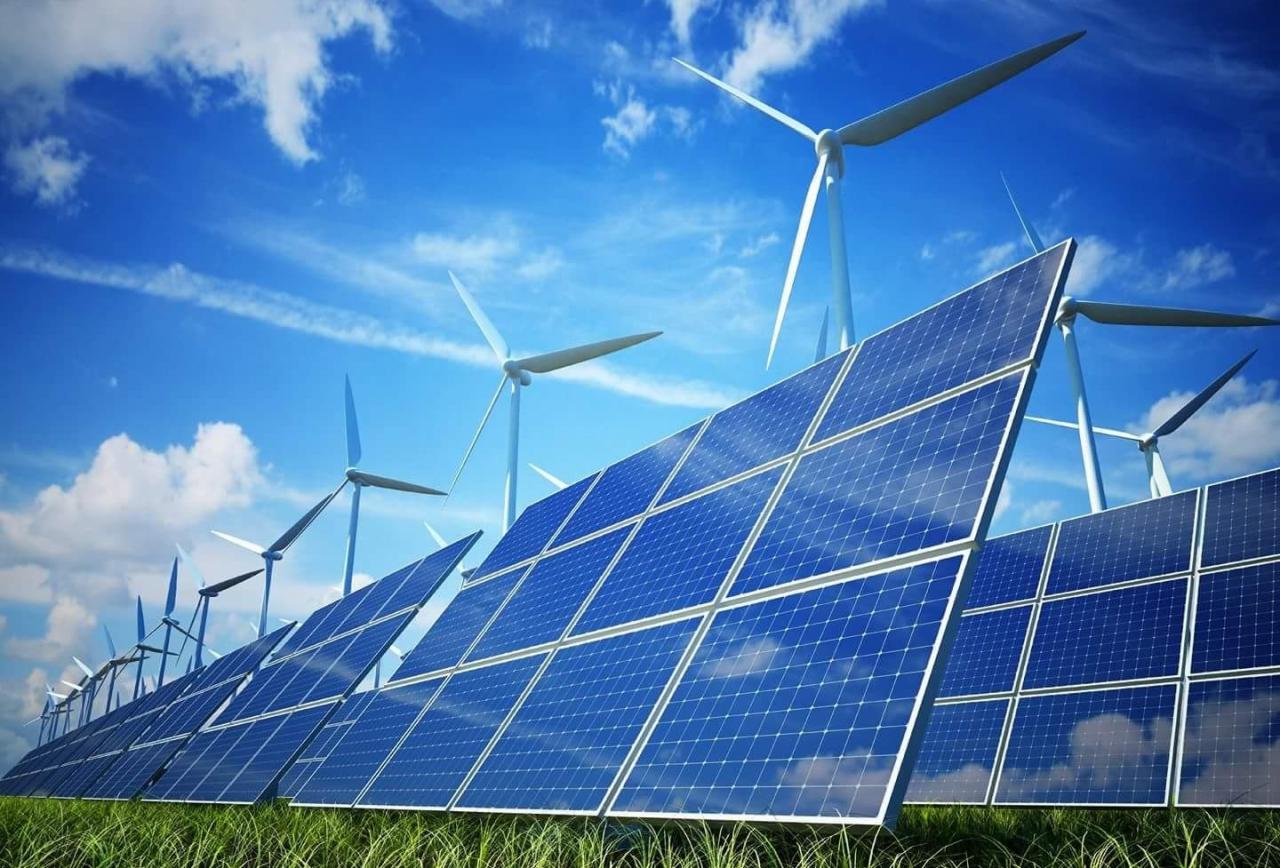
Green debt swaps help countries focus resources on responding to climate change such as clean energy conversion, wildlife protection... (Photo: Government Newspaper)
The idea of canceling or deferring debt for poor countries in exchange for “green” investment projects is considered quite comprehensive to solve many problems facing countries around the world at the same time. However, this idea will not replace debt settlement negotiations within the common framework of the Group of 20 leading developed and emerging economies (G20).
Besides, although it is a creative initiative and comes from a good goal, whether this idea is feasible and implementable or not certainly requires great effort and goodwill from countries, whether rich or poor.
Mr. Thierry Deau, founder and CEO of Paris-based Meridiam group, which develops and finances infrastructure projects, said that if a “green debt swap” solution is pursued, this option needs to be linked to clear conditions to ensure that the debt forgiveness will be accompanied by the actual implementation of green projects.
Debt forgiveness or debt rescheduling is certainly not an acceptable solution for creditor countries. It becomes even more unacceptable and unfair if debt relief is only in exchange for “green” projects that are not feasible and are not implemented effectively. In that context, project appraisal or reasonable calculation of conditions is necessary and mandatory to ensure the most effective implementation of the IMF and WB’s ideas.
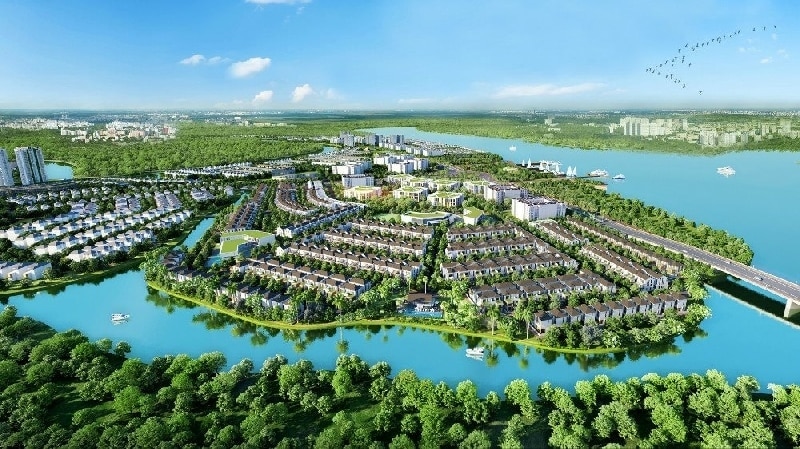
Debt cancellation or extension must be accompanied by assurances about the feasibility of "green" projects. (Photo: Environmental Economics)
However, the approach to the issue has shown that the awareness of financial institutions has been raised as well as the sense of sharing with the community and aiming to build a sustainable world has been positively expressed. This is in line with the sustainable development goal that the international community has committed to, which is to share difficulties so that no one is left behind.
Mai Anh


![[Video] 24-hour news on May 9, 2025: General Secretary To Lam officially visits the Russian Federation and attends the 80th anniversary of Victory Day in the Great Patriotic War](https://vphoto.vietnam.vn/thumb/1200x675/vietnam/resource/IMAGE/2025/5/10/5eaa6504a96747708f2cb7b1a7471fb9)
![[Photo] Ho Chi Minh City: Many people release flower lanterns to celebrate Buddha's Birthday](https://vphoto.vietnam.vn/thumb/1200x675/vietnam/resource/IMAGE/2025/5/10/5d57dc648c0f46ffa3b22a3e6e3eac3e)
![[Photo] Russian military power on display at parade celebrating 80 years of victory over fascism](https://vphoto.vietnam.vn/thumb/1200x675/vietnam/resource/IMAGE/2025/5/9/ce054c3a71b74b1da3be310973aebcfd)

![[Photo] General Secretary To Lam meets with Chairman of the Federation Council, Parliament of the Russian Federation](https://vphoto.vietnam.vn/thumb/1200x675/vietnam/resource/IMAGE/2025/5/10/2c37f1980bdc48c4a04ca24b5f544b33)













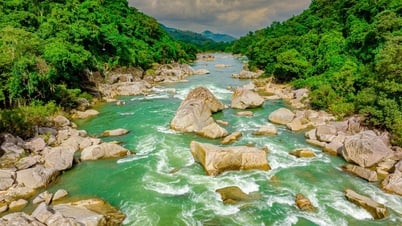

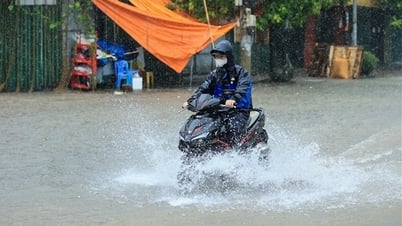













![[Photo] General Secretary To Lam and international leaders attend the parade celebrating the 80th anniversary of the victory over fascism in Russia](https://vphoto.vietnam.vn/thumb/1200x675/vietnam/resource/IMAGE/2025/5/9/4ec77ed7629a45c79d6e8aa952f20dd3)



























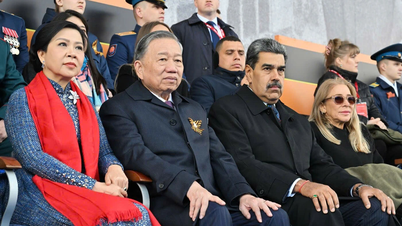







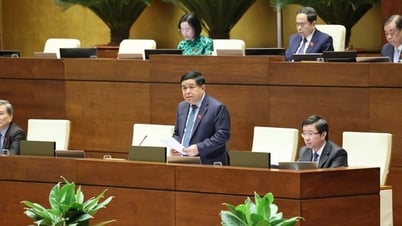






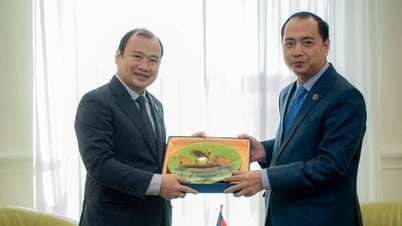




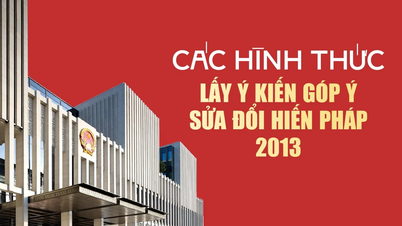















Comment (0)